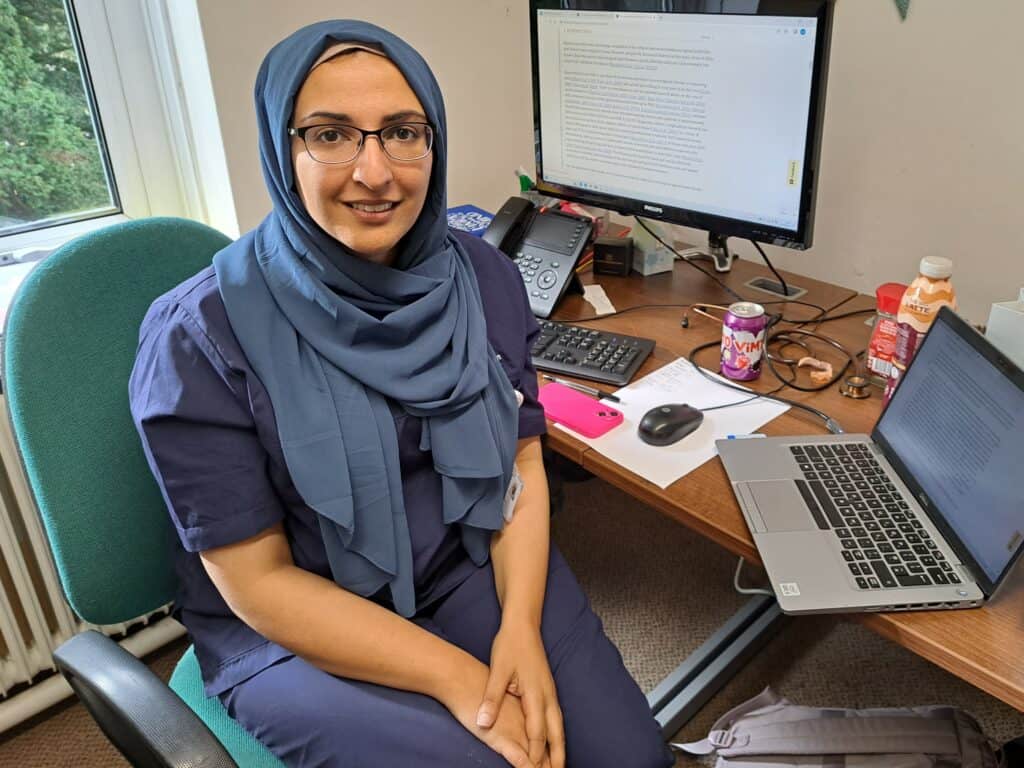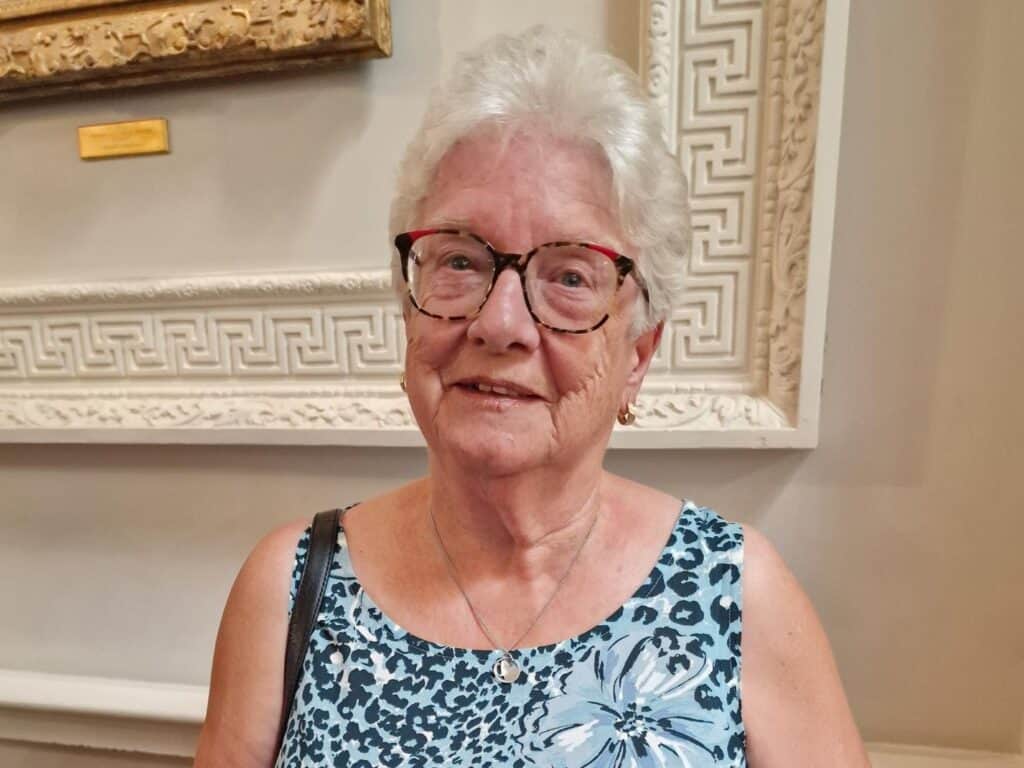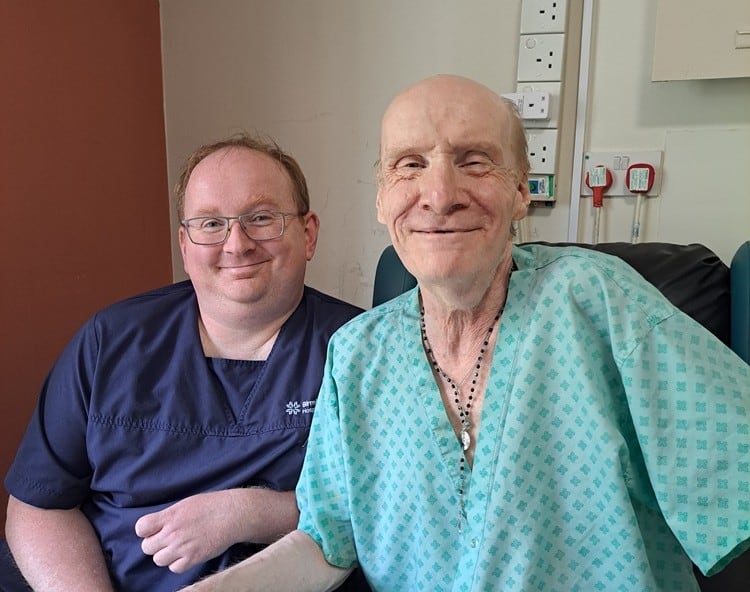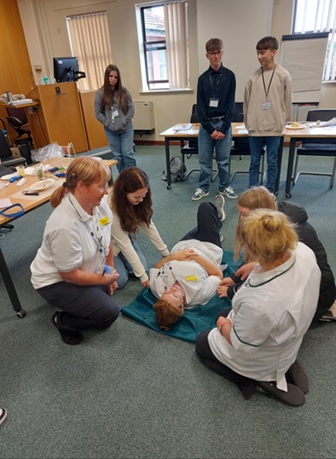This week (October 9 – 15) is Hospice Care Week, organised by Hospice UK to celebrate hospices nationwide and the incredible work that is being done to make sure everyone can befit from the very best end of life care.
This year’s theme, We Are Hospice Care, focuses on the sector’s workforce, recognising the work done by everyone who contributes so much to help make our patients’ lives better.
Dr Nadia Khan is Palliative Medicine Consultant at Birmingham Hospice, where she provides clinical leadership to our teams and regularly sees and assesses patients in our inpatient units and the community.
She trained as a doctor in the local area, and then moved into palliative care, working at another hospice before joining us in 2019. Here she tells us more about her role, what she enjoys and how our person-centred approach benefits our patients.
Why did you decide to work in hospice care?
As a junior doctor I saw how, within the hospital setting, we were very focused on trying to cure people of illnesses, but actually when it was difficult to get that cure, we didn’t necessarily know how to do palliative care well. That piqued my interest, and then I found it so rewarding to help people with symptom control and support them emotionally, that it inspired me to do palliative care training.
What is your role at Birmingham Hospice?
I work on the inpatient unit and within the community as well. On the inpatient unit, my role involves providing clinical leadership for patient care – I do a ward round once a week to see all of the patients and assess them, and my community work involves seeing patients on home visits and possibly in a clinic here as well.
We have a team of speciality doctors, GP trainees, advance nurse practitioners and consultants. Working with other teams is a big part of our role, to provide medical support, and also ensuring there is holistic care occurring for patients – often there are very complex situations in palliative care, so we’ll help to support with the clinical reasoning, but also the ethical reasoning as well, and making sure we’re communicating well with patients and relatives.
How does our approach benefit patients?
“Our patients benefit from person-centred care and I often find that when people experience hospice care, whether that’s on our Inpatient Unit or out in the community, they are often very glad that we’re involved. We bring the focus of care, including medical care, right back to what’s important to that person, what their goals are, what their values are, and what’s important to them as they approach the end of life.”
What do you enjoy about your role?
What I find most satisfying is when we do achieve a good outcome for patients and families and they feel they’ve been supported and taken care of, they feel safe here, and they feed that back to us which is really very rewarding. I also enjoy the people we work with; I think we’re a great team, with some great personalities.
How does working in a hospice differ from other medical roles?
You’ve got the person at the middle of all the decisions you’re making. It’s not just about what’s going on with the disease physically; it’s also the impact it’s having on that person – psychologically, spiritually, and also on the wider family network as well.
We make sure we communicate a lot better than what people might have previously experienced within healthcare, and that our decisions support them in having the best quality of life possible.
How is working a hospice a good role for a doctor?
I think being a good palliative care doctor is just being a good doctor and if the principles I use within palliative care were applied to every person, regardless of where they are in their journey, that would be amazing.
If you’re interested in holistic care, ensuring you support a person not just through their physical illness but also their overall mental, psychological and spiritual wellbeing, it’s a great job to do.
What changes would you like to see in future?
I’d like to see the palliative care approach reaching more people, including those with certain illnesses who don’t currently access it. That doesn’t have to be hospice care but just the palliative care approach more widely, so I think we have to be creative and look at different models of care, and not be scared to try new things.



